Supermarkets clocked up a record £29.3bn in sales in the run-up to Christmas – up £450m on the previous year.
Saturday 22 December was the busiest shopping day of the year, according to data from Kantar Worldpanel. More than half of all households visited a supermarket that day, with 1.7 million more customers walking through the doors compared to the Saturday before.
On average, UK households spent £383 on groceries in December. Spending in the 12 weeks to 30 December had been tempered by lower like-for-like inflation than recorded in Christmas 2017, at 1.3% versus 3.6%.
“This slower inflation rate helped shoppers manage their festive budgets, with 60% of customers looking to make savvier decisions to make their money go further over the holidays,” said Kantar Worldpanel retail and consumer insight head Fraser McKevitt.
Seasonal confectionery was one of the big winners, with sales up 7%, while sales of whole turkeys dropped 7% as some shoppers opted for smaller joints, such as crowns.
Sales of premium own-label lines rose 3.7% to account for £1.1bn of sales over the 12-week period, although the growth was half that recorded a year ago.
“Asda’s Extra Special range was the fastest-growing of any premium line of the major retailers, helping the supermarket achieve growth of 0.7% and come out top among the big four,” explained McKevitt. “Asda was also bolstered by a standout online performance as its e-commerce sales rocketed by 12%.”
Tesco’s overall sales grew 0.6% year on year, Morrisons’ grew 0.1% while Sainsbury’s fell 0.4% (see table below).
The discounters have continued to grow rapidly, with Aldi up 10.4% – the fastest growth of the major supermarkets – and Lidl up 9.4%.
“The discounters have continued to make their mark over Christmas: two-thirds of all households shopped at either Aldi or Lidl over the 12-week period culminating in a highest-ever combined Christmas market share of 12.8%,” added McKevitt.






















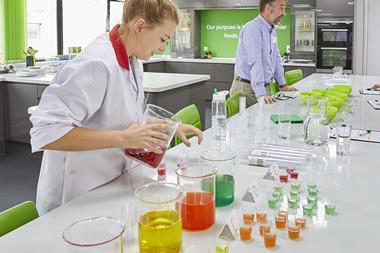


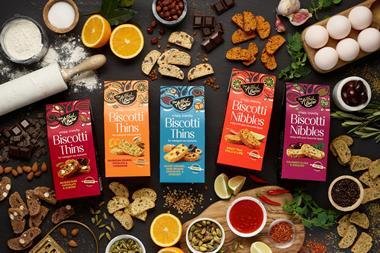
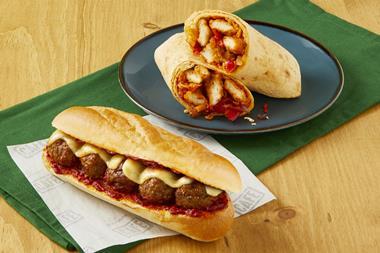
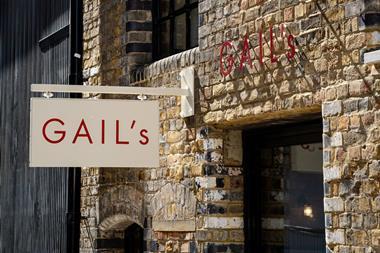
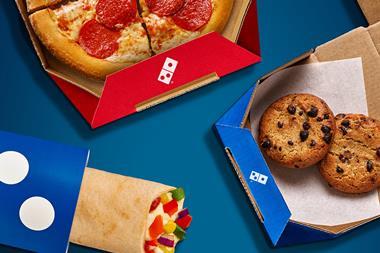

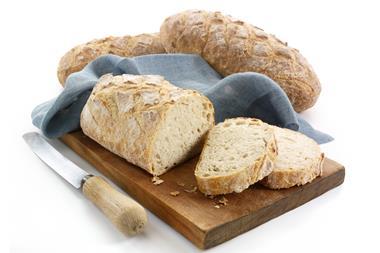
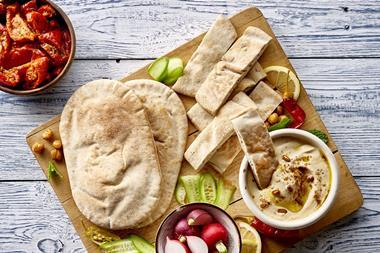

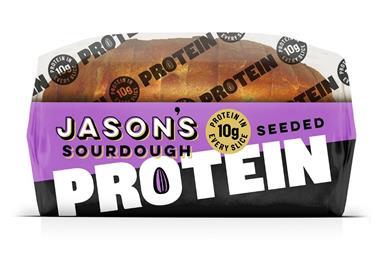

No comments yet